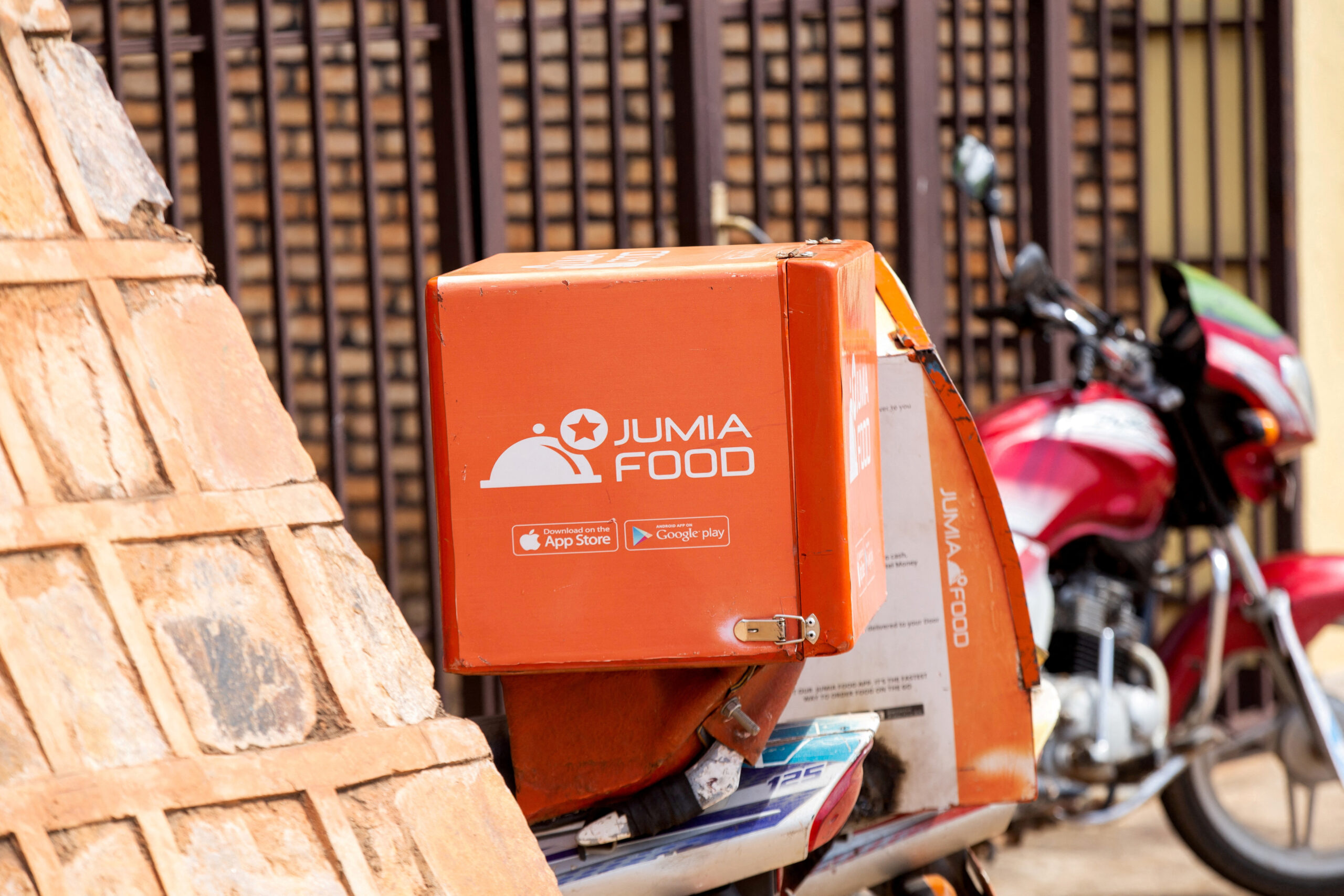5G in Africa: What’s its potential, Selasi Ahorlumegah?
Naa Oyoe Quartey
With its fast speeds and revolutionary potential, 5G stands out as a noteworthy milestone in the field of […]

The strategic decision, disclosed by Reuters on Wednesday (Dec 13), signifies a shift in Jumia’s approach as it aims to prioritize the growth of its core online retail business by reducing losses.
Expressing the emotional attachment to the decision, Jumia CEO Francis Dufay said to TechCrunch in an interview, “when we announced our decision to discontinue food delivery, what I’ve tried explaining is that while it’s sad news because, at least internally, we were all quite emotionally attached to the service, and it’s been part of the family for a long time, it’s good news for the company as we continue to reduce losses.”
According to Africanews, the delivery service is currently operational in Nigeria, Kenya, Uganda, Morocco, Tunisia, Algeria, and Ivory Coast. Jumia Food contributed approximately 11% to Jumia’s overall merchandise volume for the nine months which ended on Sept. 30.
Jumia, established in 2012 and commonly referred to as the “Amazon of Africa,” is implementing cost-cutting measures to enhance profitability. In April 2019, it achieved a historic milestone by becoming the first African tech stock to list on Wall Street.
According to a report by tech news website TechCrunch in mid-November, Jumia’s customer base has experienced a decline, estimating around 2.3 million customers—a substantial decrease of 24.3% from the third quarter of the previous year.
Nevertheless, the company reported its lowest losses since its listing on the New York Stock Exchange (NYSE), signalling a significant positive shift in its financial outlook.

With its fast speeds and revolutionary potential, 5G stands out as a noteworthy milestone in the field of […]

Let me take you on a captivating journey through my intriguing conversation with Antonia Azoitei, a versatile artist […]